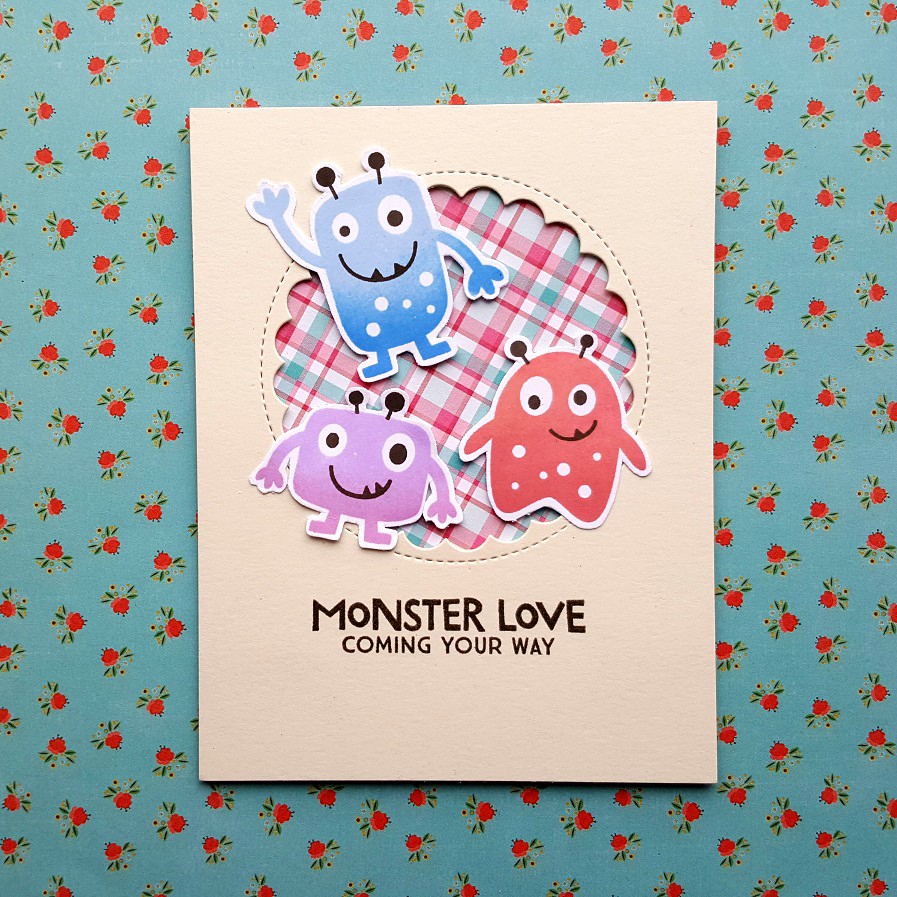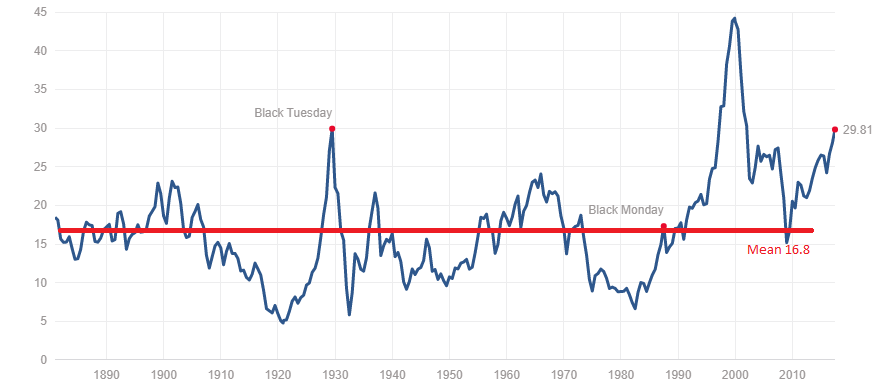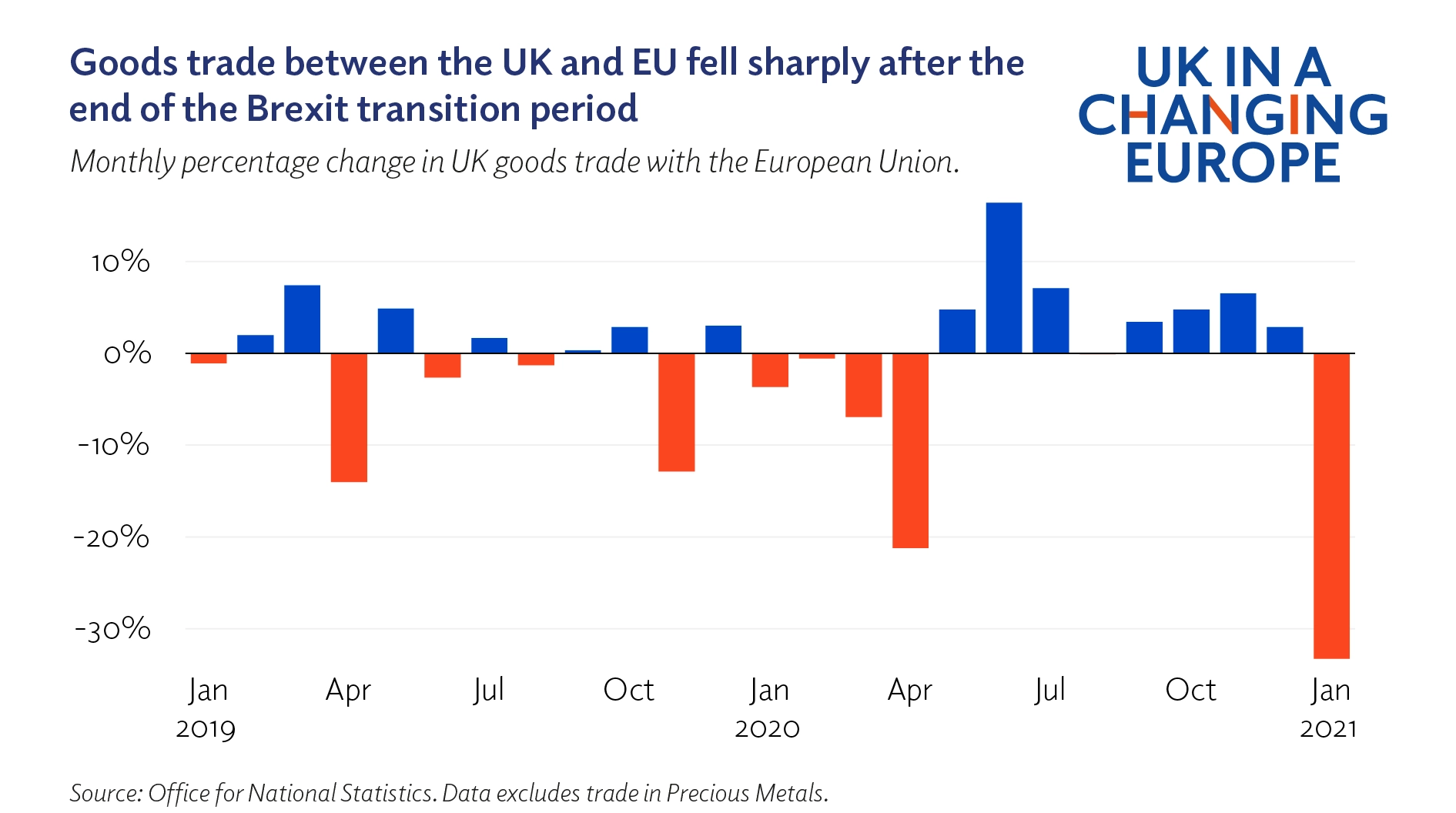Confronting Your Inner Love Monster

Table of Contents
Identifying Your Inner Love Monster: Recognizing Self-Sabotaging Behaviors
Understanding your relationship self-sabotage starts with recognizing the monster's many faces. This "inner critic," as some call it, manifests in various ways, hindering your ability to form healthy attachments. Let's explore some common manifestations:
-
Fear of Intimacy: This deep-seated fear can stem from past traumas, abandonment issues, or a lack of trust. Symptoms include emotional withdrawal, avoidance of commitment, and difficulty expressing vulnerability. Overcoming intimacy issues requires addressing the root causes and building trust in yourself and others.
-
Negative Self-Talk: A relentless inner critic constantly puts you down, undermining your self-esteem and sabotaging your relationships. This negative self-talk fuels self-doubt and prevents you from believing you deserve love and happiness.
-
Choosing Unavailable Partners: Do you consistently find yourself drawn to partners who are emotionally unavailable, distant, or already in relationships? This pattern often reflects a deep-seated need for validation or a fear of genuine connection.
-
Perfectionism and Unrealistic Expectations: Holding yourself and your partners to impossibly high standards sets you up for disappointment and conflict. This perfectionism often masks a fear of failure and a lack of self-acceptance.
-
Control Issues: A need for control in relationships can stem from insecurity and fear of abandonment. This control stifles intimacy and creates distance, ultimately sabotaging the connection.
To help identify your own self-sabotaging tendencies, consider this self-assessment checklist:
- Do you often pull away from partners just as things get serious?
- Do you engage in self-destructive behaviors when in a relationship?
- Do you tend to choose partners who are emotionally unavailable?
- Do you have a critical inner voice that undermines your self-worth?
- Do you struggle to communicate your needs effectively?
Understanding the Root Causes: Exploring Past Experiences and Trauma
Many self-sabotaging behaviors originate from past experiences and unresolved trauma. Our childhood experiences, particularly our attachment styles (secure, anxious, avoidant), significantly shape our relationship patterns.
-
Past Relationships: Negative experiences in previous relationships, such as betrayal or abandonment, can leave lasting wounds that impact future relationships.
-
Childhood Experiences: Early childhood experiences, including parental relationships and upbringing, greatly influence our sense of self-worth and our expectations of intimacy.
-
Attachment Styles: Securely attached individuals tend to have healthy relationships, while anxious or avoidant attachment styles often lead to self-sabotaging behaviors.
-
Trauma and Abuse: Past trauma or abuse can significantly impact our ability to form healthy relationships. This trauma can manifest as fear of intimacy, difficulty trusting others, and a tendency to choose abusive partners.
Self-compassion and acceptance are crucial in this healing process. Understanding that your past experiences have shaped your current behaviors is the first step towards breaking free from these patterns.
Strategies for Taming the Monster: Practical Steps to Overcome Self-Sabotage
Overcoming self-sabotage requires conscious effort and a commitment to personal growth. Here are some strategies to help you tame your inner love monster:
Cultivating Self-Awareness
-
Journaling: Regularly journaling your thoughts and feelings can help you identify patterns and triggers related to self-sabotaging behaviors.
-
Mindfulness: Practicing mindfulness helps you become more aware of your thoughts and emotions in the present moment, allowing you to recognize and manage self-destructive patterns.
-
Self-Reflection: Take time for regular self-reflection to explore your beliefs, values, and behaviors related to relationships.
Challenging Negative Self-Talk
-
Cognitive Restructuring: Identify and challenge negative thoughts, replacing them with more positive and realistic ones.
-
Positive Affirmations: Repeat positive affirmations daily to counter negative self-talk and build self-esteem.
-
Self-Compassion: Treat yourself with the same kindness and understanding you would offer a friend struggling with similar issues.
Setting Healthy Boundaries
-
Learning to Say No: Learn to assert your needs and boundaries without guilt or hesitation.
-
Effective Communication: Develop effective communication skills to express your thoughts and feelings clearly and respectfully.
-
Prioritizing Self-Care: Make self-care a priority to nurture your emotional and physical well-being.
Seeking Professional Help
If you're struggling to overcome self-sabotaging behaviors on your own, don't hesitate to seek professional help. A relationship therapist or counselor can provide guidance and support in addressing the root causes of your issues and developing healthier relationship patterns. Couples counseling can also be beneficial if you're currently in a relationship.
Conclusion: Confronting Your Inner Love Monster and Building Stronger Relationships
Confronting your inner love monster is a journey, not a destination. By identifying your self-sabotaging behaviors, understanding their root causes, and implementing the strategies discussed above, you can pave the way for healthier and more fulfilling relationships. Remember, self-awareness, self-compassion, and seeking professional help when needed are key to overcoming relationship self-sabotage. Start your journey towards healthier relationships by confronting your inner love monster today. Take the first step to overcome relationship self-sabotage and learn to identify and manage your inner critic to build stronger connections. You deserve to experience the love and happiness you desire.

Featured Posts
-
 A Western Neo Noir Gem Starring Dennis Quaid Meg Ryan And James Caan
May 21, 2025
A Western Neo Noir Gem Starring Dennis Quaid Meg Ryan And James Caan
May 21, 2025 -
 Bbc Antiques Roadshow Us Couple Arrested In Uk After Episode Appearance
May 21, 2025
Bbc Antiques Roadshow Us Couple Arrested In Uk After Episode Appearance
May 21, 2025 -
 Abn Amro Analyse Van De Stijgende Occasionverkoop En De Rol Van Autobezit
May 21, 2025
Abn Amro Analyse Van De Stijgende Occasionverkoop En De Rol Van Autobezit
May 21, 2025 -
 Blue Origin Postpones Launch Investigating Vehicle Issue
May 21, 2025
Blue Origin Postpones Launch Investigating Vehicle Issue
May 21, 2025 -
 Abn Amro Investeert In Transferz Een Innovatief Digitaal Platform
May 21, 2025
Abn Amro Investeert In Transferz Een Innovatief Digitaal Platform
May 21, 2025
Latest Posts
-
 Addressing Stock Market Valuation Concerns Insights From Bof A
May 21, 2025
Addressing Stock Market Valuation Concerns Insights From Bof A
May 21, 2025 -
 High Stock Market Valuations A Bof A Perspective For Investors
May 21, 2025
High Stock Market Valuations A Bof A Perspective For Investors
May 21, 2025 -
 Brexit And The Uk Luxury Goods Market An Export Perspective
May 21, 2025
Brexit And The Uk Luxury Goods Market An Export Perspective
May 21, 2025 -
 Analysis Brexits Negative Impact On Uk Luxury Exports To The Eu
May 21, 2025
Analysis Brexits Negative Impact On Uk Luxury Exports To The Eu
May 21, 2025 -
 Post Brexit Challenges For Uk Luxury Exporters To The Eu
May 21, 2025
Post Brexit Challenges For Uk Luxury Exporters To The Eu
May 21, 2025
